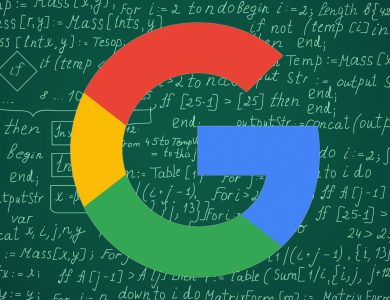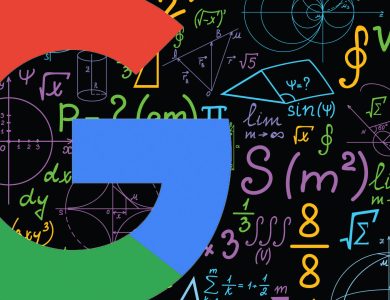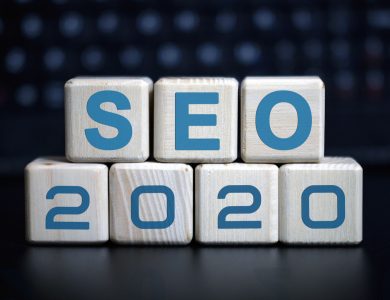
In 2021, PPC professionals navigated changes in keyword match types and automated bidding, scratched their heads at the prospect of a future without third-party cookies, and found their role evolving in an increasingly automated industry.
Prompted by the vision that platforms like Google have for their services, as well as increasing concern over user privacy, these changes underscored adaptability as a crucial trait for successful marketers. Below, we’ve summarized the most impactful changes, announcements, and developments that shaped PPC this past year and will likely continue to influence the industry in the years ahead.
### Farewell, Broad Match Modified Keywords
In Q1 2021, Google announced a significant change to how it treats phrase match keywords by expanding it to include broad match modifier (BMM) traffic. “Broad match now looks at additional signals in your account to deliver more relevant searches,” Google mentioned, citing signals like landing pages and keywords in the ad group.
The PPC community’s reaction was mixed. Amy Bishop, owner of Cultivative, expressed concern that Google’s changes could reduce advertiser control. Conversely, Kirk Williams, owner of ZATO Marketing, viewed it as a logical progression in Google’s evolving match type behavior.
By Q2 2021, Google had announced a deprecation date for BMM keywords. The company ensured that phrase match or broad match keywords identical to a query would always be preferred, provided they were eligible to match. Microsoft Advertising followed suit, expanding phrase match to include BMM traffic.
### Bundled Bid Strategies Replaced Standalone Options
Google updated its Smart Bidding in April 2021, combining Target CPA (tCPA) and Target ROAS (tROAS) strategies with Maximize Conversions and Maximize Conversion Value bid strategies. Three months later, standalone Maximize Conversions and Maximize Conversion Value bid strategies were removed from search campaigns. Microsoft Advertising made a related change by migrating search, shopping, and Dynamic Search Ads campaigns without an automated bidding strategy to Enhanced CPC.
### FLoC Was Debated and Delayed
Initially slated for 2022, the deprecation of third-party cookies was pushed to the latter half of 2023. Google tested Federated Learning of Cohorts (FLoC) in Q2 2021 as an alternative targeting technology. Despite its privacy-friendly billing, there were concerns about fingerprinting and the potential for Google to create a “walled garden.” Chrome’s competitors and entities like WordPress did not plan to adopt FLoC, limiting its functionality. The UK’s Competition and Markets Authority also engaged with Google on the matter.
### Google Ads Gave PPC Professionals a Lot to Adapt to
In addition to updates like expanded phrase match and bundled bid strategies, Google made responsive search ads the default ad type for Search campaigns. Performance Max campaigns, an automated campaign type, became available to all advertisers. The Insights Page also expanded, adding features like consumer interest and auction insights.
In April 2021, Customer Match capabilities grew, allowing advertisers to use their first-party data more effectively. Google also started showing historical data for queries that received impressions but no clicks, offering insights into what wasn’t working.
### Microsoft Advertising Made Waves of Its Own
Microsoft introduced industry-specific ad products and integrated Microsoft Clarity with its advertising platform. It also rolled out support for Spanish language ads in the U.S.
### Vertical-Specific Ad Updates
Both Google and Bing launched organic Shopping results, making it easier for retailers to get their product listings into organic results or run paid ads. New local campaign ad formats were introduced, like Auto Suggest ads, Navigational ads, and Similar Places ads.
### Safety for Advertisers and Users
Platforms like Instagram and Google made targeting changes to protect underage users, and exclusion controls were introduced for better brand safety.
### Advertising and Law
Google faced numerous regulatory challenges and accusations. The company paused political ads after the January 6 attack on the U.S. Capitol and passed on digital service taxes to advertisers in several countries. It also agreed to pay fines and adjust its ad technology for more transparency.
### Looking Ahead to 2022
Anticipate more news about FLoC and the end of third-party cookies. ETAs will be sunsetted in July 2022, so advertisers should test RSAs. The Smart Shopping and Local campaigns will be rolled into Performance Max, and changes to the Google Partner Program will take effect in February 2022.
Catch up on the biggest SEO news of the year: major Google algorithm updates and significant changes in the SEO landscape.



